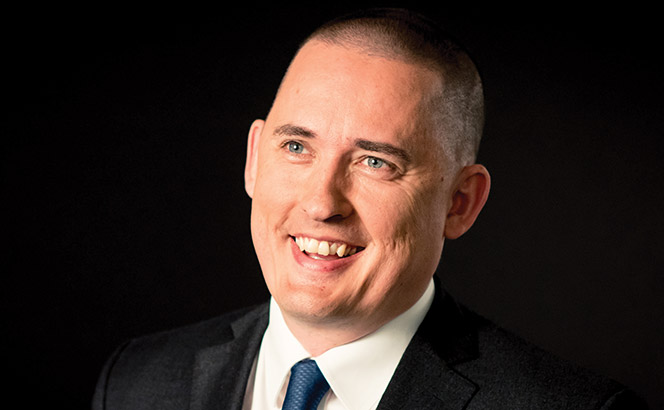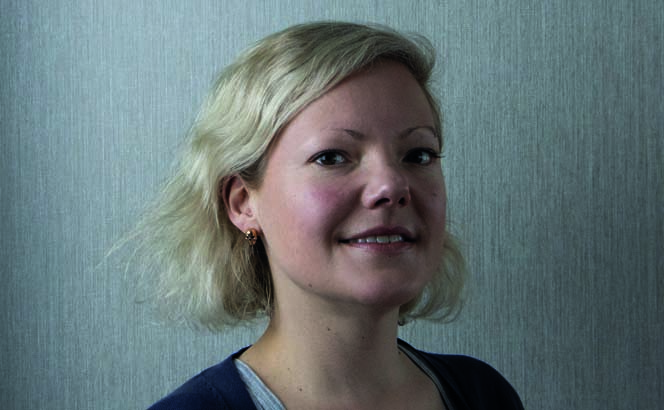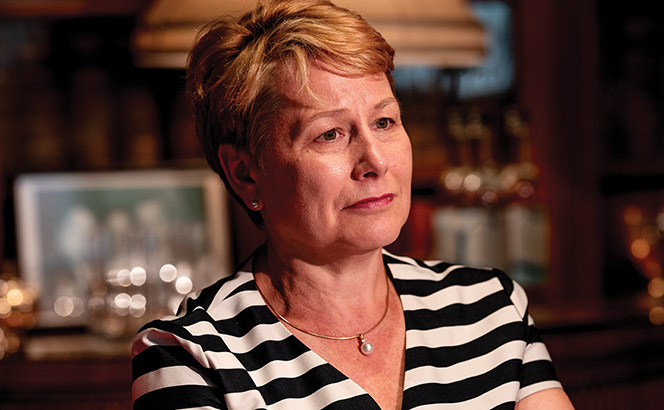
Transport for London plans journey with new roster of legal advisers
Transport for London (TfL) is in the process of shortlisting firms for its new legal services framework, as the current…

Transport for London (TfL) is in the process of shortlisting firms for its new legal services framework, as the current…

For International Women’s Day, Stephenson Harwood Europe private client partner Suzanne Johnston talks about creating inclusive fertility policies and educating…

Stephenson Harwood has reported an 11% rise in turnover to £228m from £206m for 2022/23, the firm’s highest-ever revenue. It…

Stephenson Harwood has reported flat financials for financial year 2021/22, after a correction to last year’s results. Revenue remained at…

Hasn’t what I’m snappily calling ‘Stephenson Harwood WFH pay cut-gate’ caused a furore? In case you’ve missed it, the RollOnFriday report…

I was always naturally argumentative. But I didn’t have any role model at all, nobody that I knew was involved…

Stephenson Harwood considers the current scope of the Quincecare duty and some of the practical issues of which banks need…

Roland Foord’s long-standing tenure as senior partner of Stephenson Harwood has been extended with his election to a fourth two-year…

Simmons & Simmons managing partner Jeremy Hoyland said there was ‘an element of the exceptional’ in the firm’s financial results…

After reviewing the evidence for dozens of candidates, we are delighted to reveal our Lawyer of the Year for the…

Stephenson Harwood saw revenue growth grind to a halt over the last financial year, the firm’s latest financial results show,…

With longstanding chief executive Sharon White bowing out, Stephenson Harwood can look back on a strong ten years. Thomas Alan…

Stephenson Harwood’s profit per equity partner (PEP) bounced back from two consecutive years of decline, rising 9% to reach £727,000…

Stephenson Harwood partner Eifion Morris (pictured) has been appointed the firm’s new chief executive (CEO), replacing long-standing incumbent Sharon White.…

Partners are departing at a rate of knots from Ince & Co ahead of its proposed Gordon Dadds merger, with a…

Property tycoon Robert Tchenguiz has replaced longstanding legal adviser Stephenson Harwood with Debevoise & Plimpton after his €2bn claim against…

Embattled property tycoon Robert Tchenguiz (pictured) has replaced long-time legal advisers Stephenson Harwood with Debevoise & Plimpton after his €2bn claim against…

Stephenson Harwood has recorded a 6% rise in revenues to £189m but suffered a consecutive year of falling profit per…

Legal Business writes many high-minded pieces focused on the finer analytical points of the legal industry. This is not one…

Fieldfisher, Kirkland & Ellis and Stephenson Harwood were the big winners at the 2018 Legal Business Awards in front of…